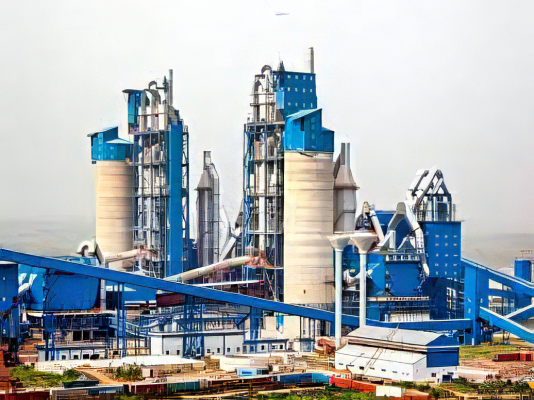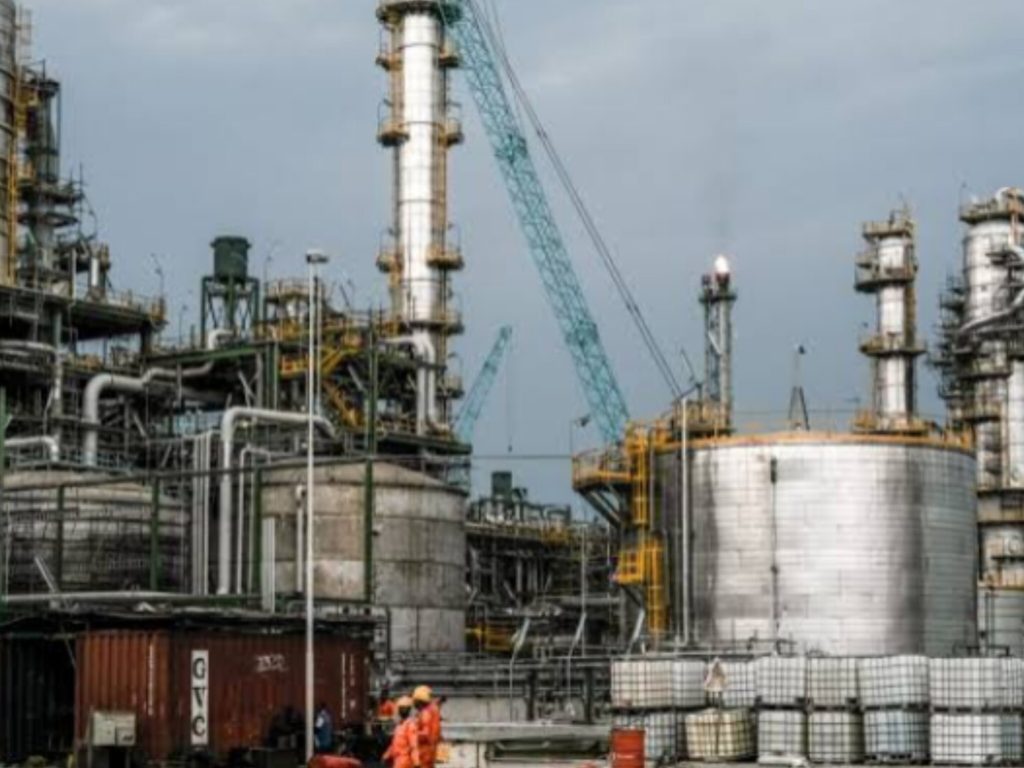Ghana In Need: Dangote Cheaper Petrol

In a potential boost for Nigeria’s petrochemical industry, Ghana’s National Petroleum Authority (NPA) has signaled its intention to source petroleum products from Dangote Petroleum Refinery once it is operating at full capacity.
NPA Chairman Mustapha Abdul-Hamid expressed optimism that this would help to reduce Ghana’s current reliance on European imports, which are significantly more expensive. The move is expected to save Ghana $400 million in monthly fuel imports, which currently cost the West African nation a significant sum.
This development presents an opportunity for Nigeria to not only establish itself as a leading supplier of petroleum products in the region but also to promote economic integration and cooperation between African countries.
If Ghana begins to source petroleum products from the Dangote Petroleum Refinery, it could be a significant step towards reducing the continent’s reliance on expensive European imports and fostering a more sustainable and self-sufficient energy sector in West Africa.
The NPA Chairman’s comments come at a crucial time, as the Dangote Petroleum Refinery is poised to become one of the largest refineries in Africa, with a projected daily production capacity of 650,000 barrels of oil.
This makes it an ideal source of supply for Ghana, as the country’s domestic demand for petroleum products continues to grow in line with the expanding extractive sector.
Furthermore, by trading in a regional currency, Ghana and Nigeria could help to mitigate the volatility of the dollar, a move that could have wider implications for the stability of the African economy.
As Nigeria’s refining capacity continues to expand, it could present an opportunity for the country to position itself as a key player in the African energy landscape.
With a growing domestic market and increasing demand from neighboring countries like Ghana, Nigeria’s oil and gas sector could see significant growth in the coming years, creating jobs and driving economic development.
Meanwhile, Ghana’s shift towards sourcing petroleum products from Nigeria could act as a catalyst for closer economic ties between the two countries, paving the way for further cooperation in other areas such as trade, infrastructure, and regional security.
Nigeria’s journey towards becoming a regional energy hub is set to have a ripple effect beyond the economic sphere.
As the country strengthens its foothold in the energy market, it also stands to gain political clout in the region, as well as increased influence in continental and global affairs.
This shift could also spur other African countries to invest in their own refining capacity, leading to a more diversified and resilient energy sector across the continent.
In the long term, such developments could help Africa reduce its dependence on imported fuel, fostering greater energy independence and autonomy in an increasingly interconnected global economy.
The potential implications of this shift extend beyond the African continent, as well. As Nigeria and other African countries strengthen their energy sectors, they may become increasingly attractive partners for global powers seeking to diversify their own energy sources.
Moreover, by leveraging their resources to drive economic growth and regional stability, African nations can shift the narrative away from aid and towards mutually beneficial partnerships based on economic cooperation and shared prosperity.
In the context of a rapidly changing global energy landscape, Nigeria’s emergence as a regional energy powerhouse could be a significant step towards redefining Africa’s role in the global economy and charting a more sustainable and equitable future.
Referenece and Citations:
- CNBC – Ghana eyes fuel Imports from Dangote Refinery
- Businessday – Ghana eyes Dangote Refinery for cheaper petrol
- PUNCH – Ghana eyes fuel Imports from Dangote Refinery






